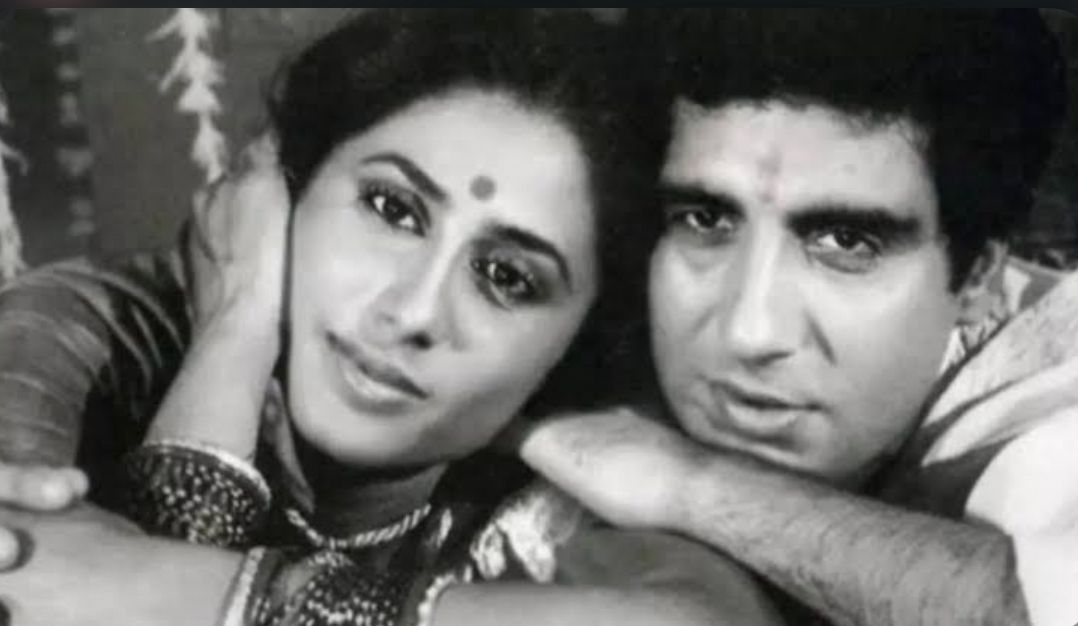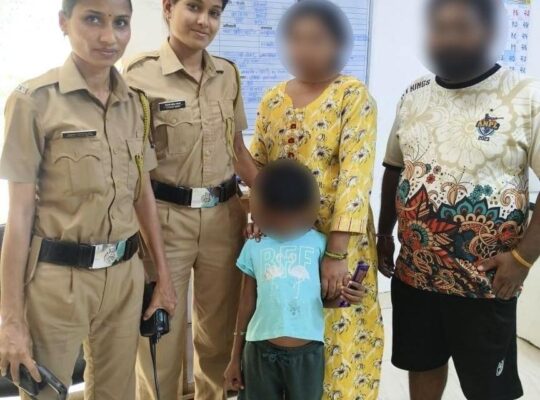Actors Raj Babbar and Smita Patil shared a relationship that was complex and emotionally consuming — a connection forged in passion, shadowed by societal judgment, and ultimately scarred by tragedy.
Their bond began on the sets of Bheegi Palkein, where Raj, already married to Nadira Babbar, found himself drawn to Smita’s raw intensity and fearless individuality. “My relationship with Smita wasn’t born out of problems with Nadira — it just happened,”
Smita, always brutally honest about her reality, once described their relationship as “a painful trip.”
she confessed, “In the kind of situation we were involved in, both of us were going through a private hell. It’s very easy to say ‘it’s okay’. But it’s not very easy in reality.”
Their relationship, though full of love, was never simple. And when Smita gave birth to their son, Prateik, in 1986, joy was short-lived — she tragically passed away due to post-partum complications just days later. Recalling her final moments in a conversation with rediff Raj shared, “On the way to the hospital, she kept apologising. I told her everything would be okay. She looked at me with tears in her eyes. That look said it all. An hour later, the doctor came out and said she had slipped into a coma.”
With deep emotion, he added, “I was part of her and she was part of me. No matter how brave you try to be, when someone was your heart and soul, their absence becomes a presence you carry forever. Her memories will be with me till my last day.”
But what toll does such emotionally intense, socially scrutinised love take on a person?
Counselling psychologist Athul Raj explains “In such relationships, guilt enters quietly but lingers deeply. Even when the love is genuine, the social judgment, familial consequences, and moral policing wear away the inner peace love is supposed to bring.”
He adds that isolation becomes an emotional habit. “You start to keep your joy hidden and your pain unspoken. You might be deeply in love, yet feel exiled from the rest of your world. That duality—public versus private self—becomes emotionally exhausting.”
Smita’s words — “a private hell” — encapsulate the silent suffering many experience in similar circumstances. “Love, in the wrong context, starts shrinking us instead of expanding us,” Athul observes.
Even in her final hours, Smita kept apologising — a heartbreaking detail Raj never forgot. Why does such guilt linger, even in life-threatening moments?
Athul answers: “From a young age, women are conditioned to make themselves smaller, to be accommodating, to apologise even for existing too loudly. In relationships, this often translates to emotional caretaking. They don’t just love — they manage others’ comfort, protect reputations, and justify their choices.”
For women in unconventional or morally policed relationships, that guilt multiplies. “They’re constantly defending their love — to family, to friends, to society, and sometimes even to themselves,” he says.











